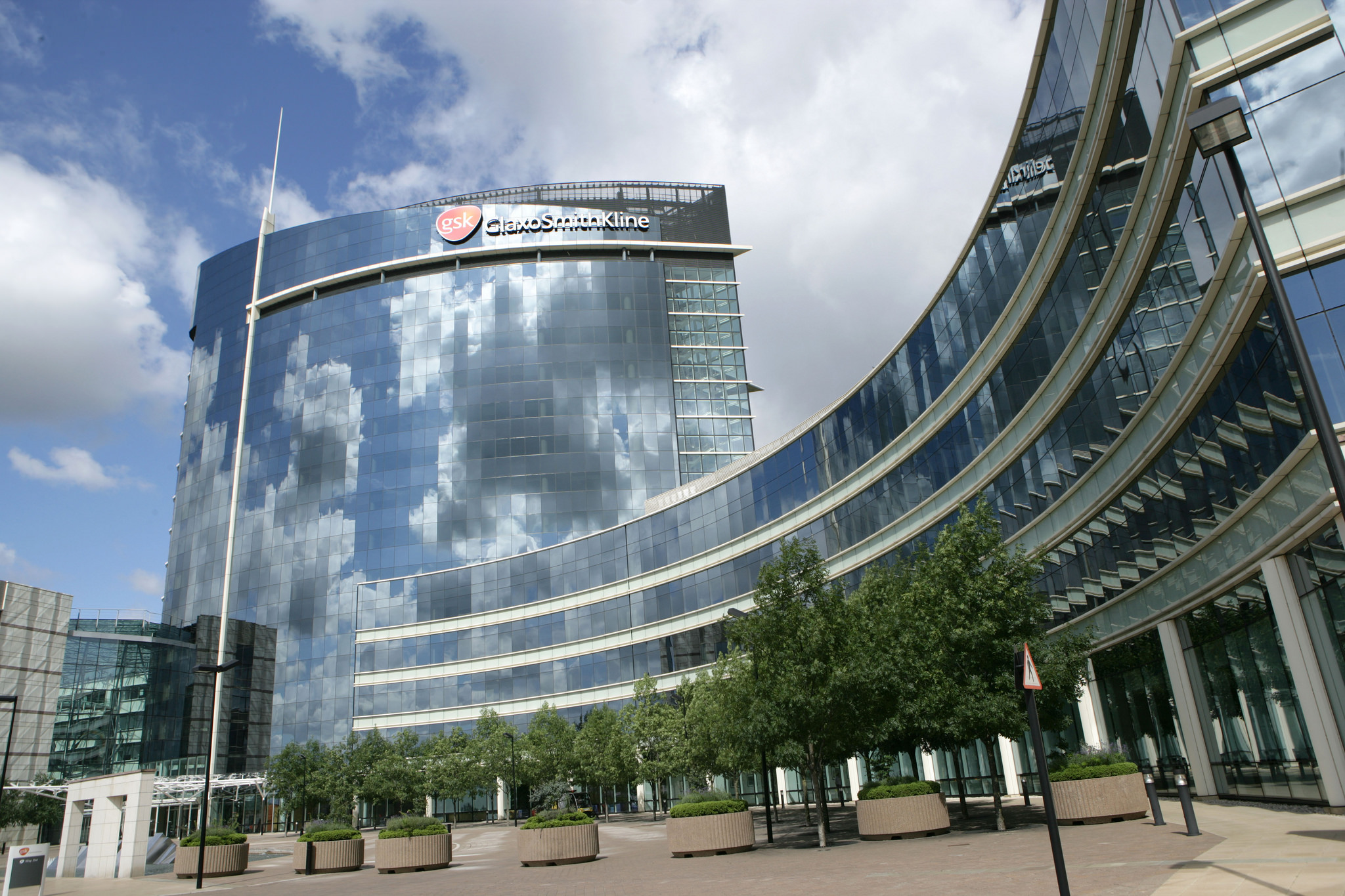First Zantac cancer case dropped before trial, without settlement

The first lawsuit claiming that gastrointestinal drug Zantac causes cancer has been voluntarily dismissed a week before it was due to come to trial, in an early victory for the pharma companies that will defend themselves from the allegations.
Counsel acting for the plaintiff in the case – Joseph Bayer – filed for dismissal without any settlement payment from GSK, which was named as a defendant in the suit. The company said that it "welcomes this outcome and believes the dismissal of Mr Bayer's case is the correct result."
Shares in GSK and other companies that have been involved in selling Zantac (ranitidine) over the years came under pressure last week, after analysts said liability litigation could end up costing billions of dollars to resolve.
GSK – which originally developed the drug in the early 1980s and sold it as a prescription and over-the-counter (OTC) product for indications like heartburn and acid indigestion – has been named as a defendant in approximately 3,000 filed personal injury cases in federal and state court.
It is also facing a class action suit alleging economic injury, as well as a third-party payer class action, according to the drugmaker.
GSK spin-off Haleon has come into the crosshairs as it now controls the drugmaker's consumer health business - although it says it is not a party to any of the Zantac claims. Meanwhile, Sanofi, Pfizer and Boehringer Ingelheim also had rights to the drug at various points and have all been named as defendants in litigation.
Sanofi said last week it is facing around 2,850 personal injury cases – plus class action suits – with the first scheduled to come to trial in California in February
"The overwhelming weight of the scientific evidence supports the conclusion that there is no increased cancer risk associated with the use of ranitidine," it asserted. "GSK will continue to vigorously defend itself against all claims alleging otherwise."
The FDA banned sales of ranitidine in 2020 over possible contamination with the suspected carcinogen N-nitrosodimethylamine (NDMA. Some manufacturers of the drug voluntarily suspended sales in 2019 when the issue was first identified.
GSK and Sanofi have both said that NDMA levels in ranitidine products is lower than would be encountered naturally in the diet.
In its latest statement, GSK notes that a multidistrict litigation (MDL) suit in Florida involved around 55,000 individual claims, covering five forms of cancer – bladder, oesophageal, gastric, liver and pancreatic – down from an original 10 forms.
The MDL court is scheduled to hold a hearing on a motion to exclude plaintiffs' experts arguing the link between ranitidine and cancer next month. Two state court cases naming GSK as a defendant are due to take place in Illinois and California in February 2023.
"Given the early stage of this litigation, it is not possible to quantify or reliably estimate what liability (if any) GSK or any other parties may have in this litigation," said the company.













